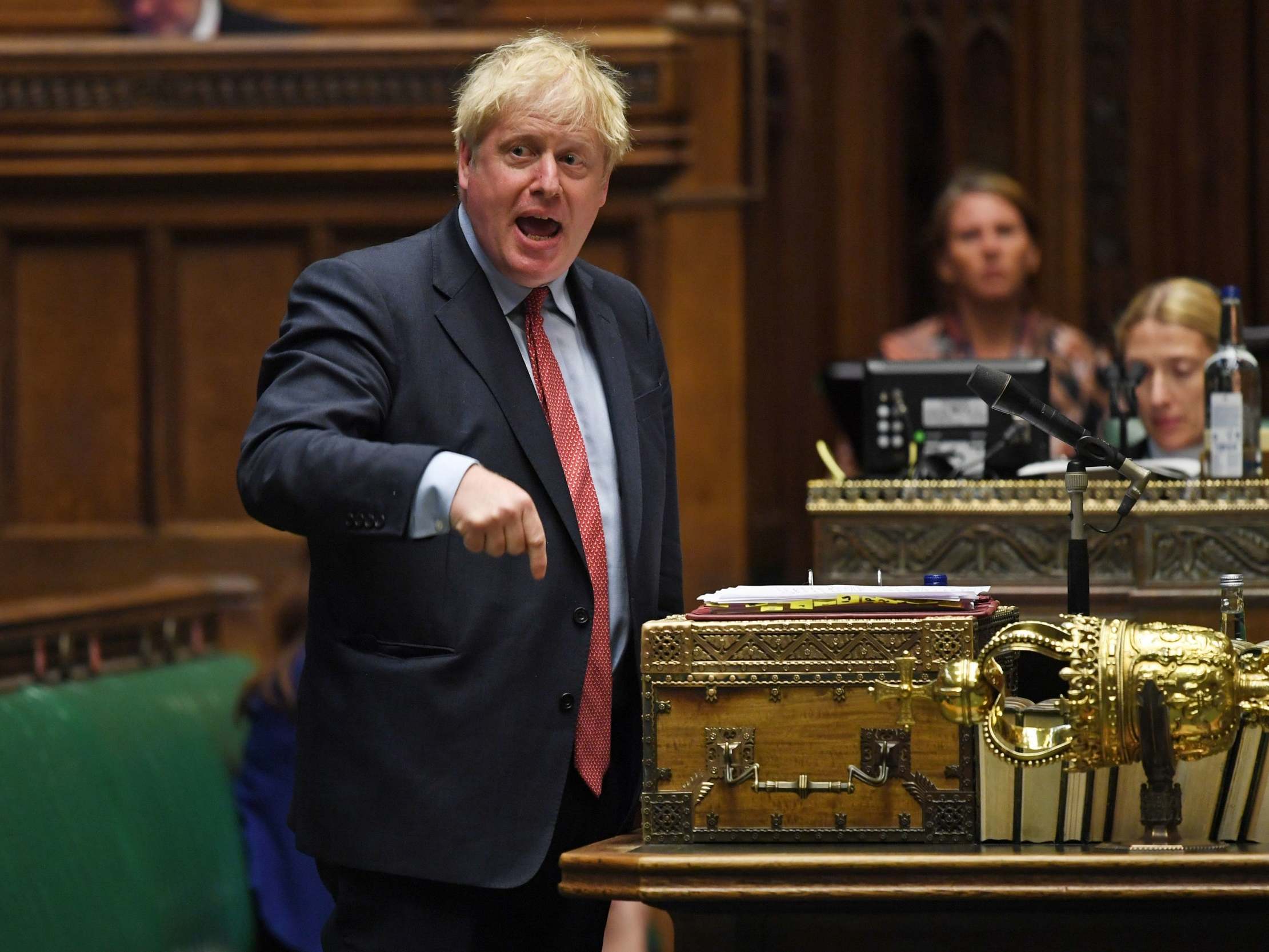Boris Johnson’s endless attempts to suppress the Russia report could be more damaging than the dossier’s revelations
It seems clear that there must be some pretty embarrassing stuff for the Tories in the 50-page dossier, writes Andrew Woodcock


It’s a golden rule in politics that the cover-up is usually more damaging than the crime, and the longer I look at the furore over the Russia report the more I think that may be the case here.
It seems clear that there must be some pretty embarrassing stuff for the Tories in the 50-page dossier compiled by former attorney general Dominic Grieve’s Intelligence and Security Committee in the far-off days of March last year.
But however damaging the revelations may be, the endless saga of Boris Johnson’s attempts to suppress them is so unedifying that the harm to his reputation from that could be even greater.
First there was his flat refusal on supposed security grounds to allow publication of the report before last December’s election – despite the fact it had already been vetted and cleared for release by the security agencies.
Then, by a remarkable coincidence of timing, four days after the election Johnson suddenly found that he could after all permit the report to be released without doing any harm at all to national security. But, sadly, the committee which wrote it had ceased to exist when parliament was dissolved and Grieve was no longer an MP, so it would all have to wait until there was a new committee and a new chair in place.
And what might be standing in the way of that happening? Well, as it happens, the prime minister needed to approve a list of nominees and he showed no sign of hurrying about it.
Seven months dragged by without appointments as briefings suggested that one candidate or another was being touted or dumped depending on their loyalty to the PM.
Eventually, it emerged that Johnson had alighted on the accident-prone Chris Grayling – not an MP previously feted for his expertise on security issues – as his preferred chair, and with the quiet removal of a cross-bench peer he appeared to have secured the Tory majority required to install him.
All this while Downing Street spokespeople were piously intoning that of course the choice of the chair was entirely a matter for the committee members and the PM wouldn’t dream of intervening. Only for Johnson and those closest to him to go ballistic when they found their attempts to rig the election thwarted by long-standing defence and security buff Julian Lewis, who was promptly stripped of the Tory whip in a fit of revenge which seemed petty even to many Conservative MPs.
The whole farce reminded me of something a jaundiced observer said to me when former Tory peer and thriller writer Jeffrey Archer was caught out in one of his escapades: “The thing about Jeffrey is, he thinks he’s as cunning as the people in his books and he thinks the things they do will work for him.”
The impression given is of people who think they are cunning enough to mould events to suit themselves without anyone noticing, but in fact leave fingerprints at the scene of the crime large enough to be seen from space. All rather more Johnny English than 007. And it leaves you wondering whether they wouldn’t be better off when it comes to the Russia report doing what Johnson said could be done with Covid-19 and simply taking it on the chin.
Yours,
Andrew Woodcock
Political editor
Join our commenting forum
Join thought-provoking conversations, follow other Independent readers and see their replies
Comments